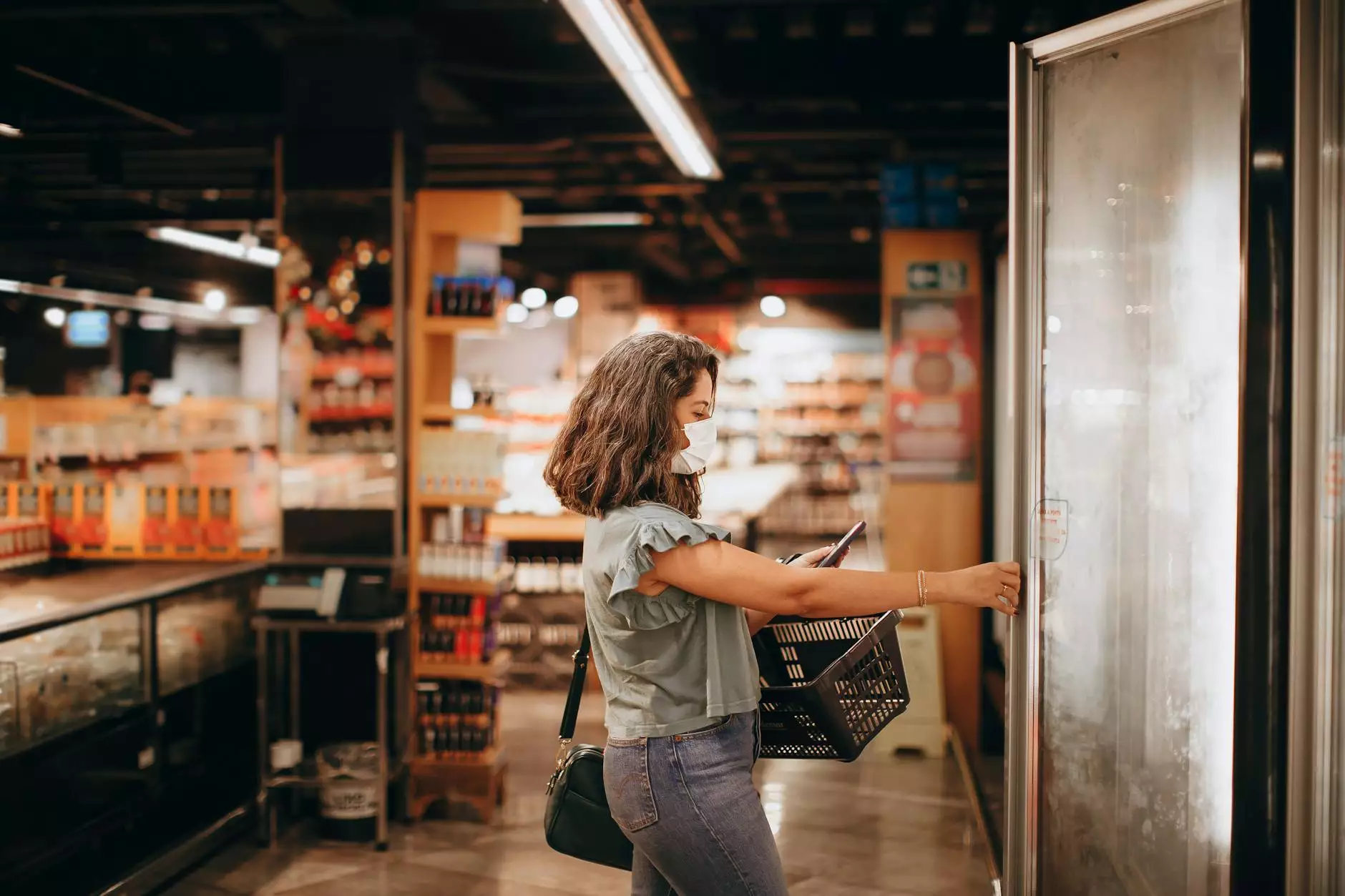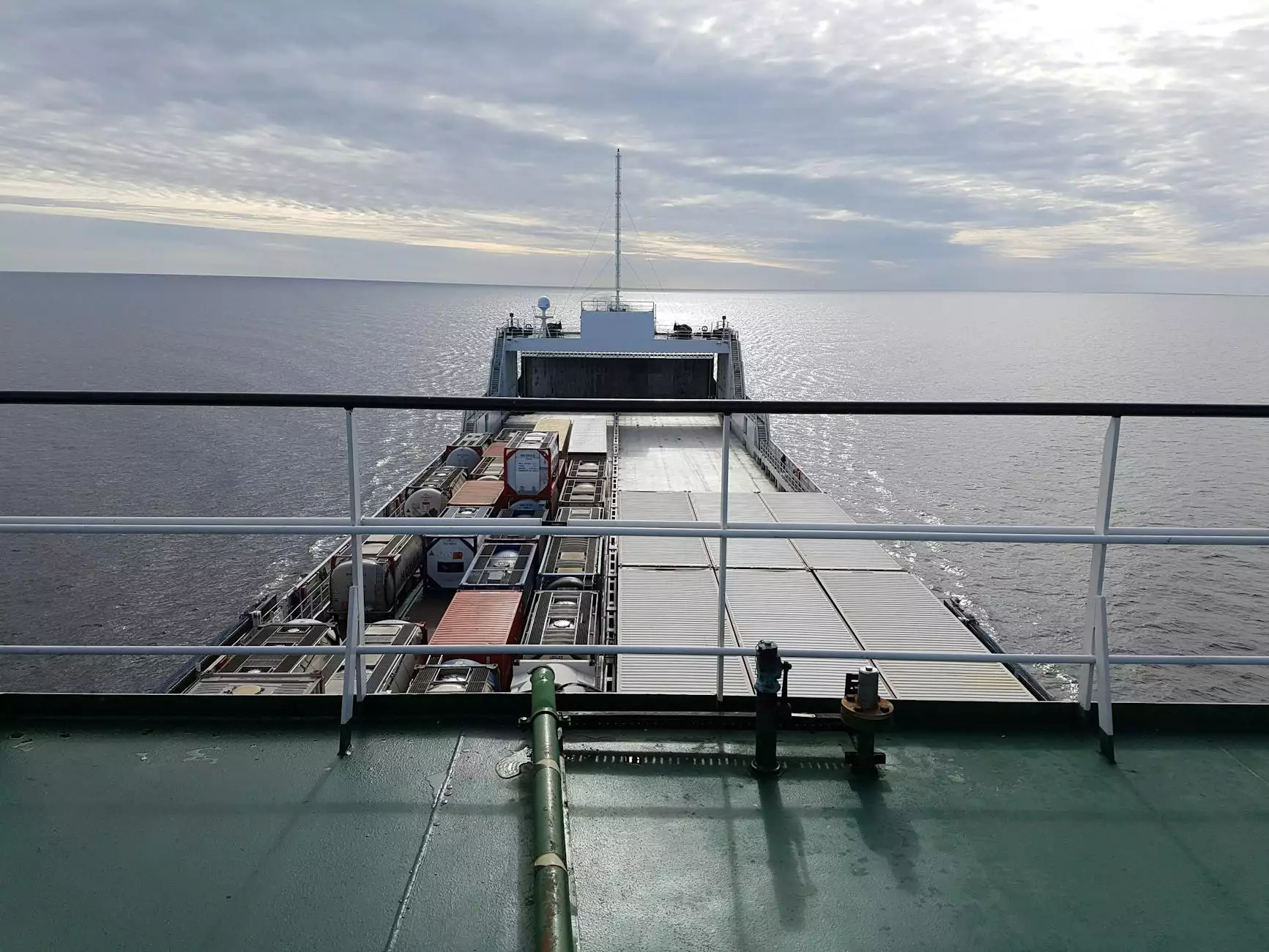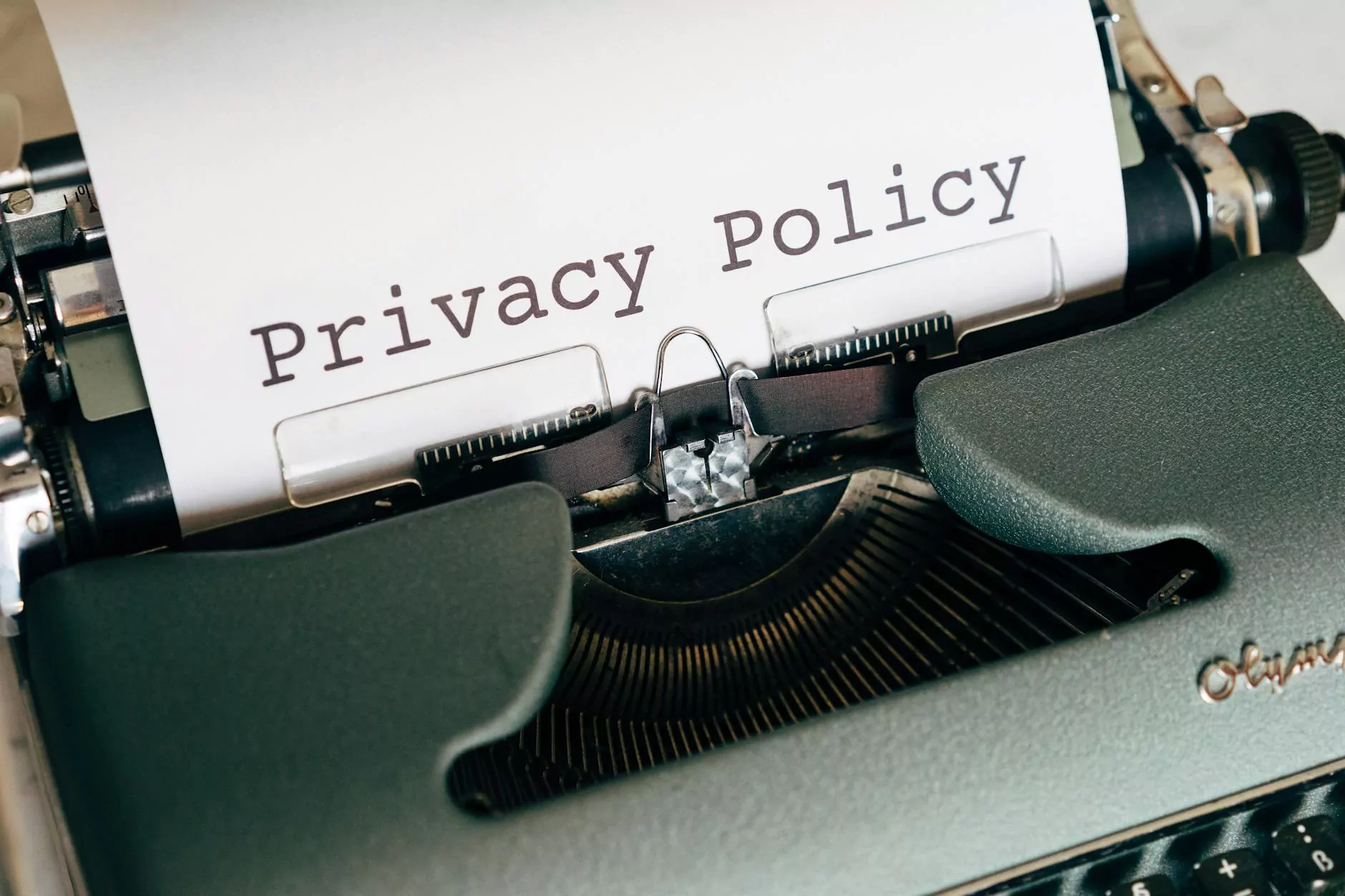Understanding Spiral Freezer Costs: A Comprehensive Guide

When it comes to the food industry, ensuring that products are preserved safely and efficiently is of utmost importance. This is where spiral freezers come into play. These specialized pieces of refrigeration equipment not only enhance the preservation quality of perishable goods but also streamline the freezing process, making them essential in large-scale food production environments such as those found in banana pools, bakeries, and meat processing facilities. However, understanding the spiral freezer cost is crucial for any business looking to invest in this technology. In this detailed article, we explore various aspects related to spiral freezers, including their operational benefits, cost factors, and return on investment.
What is a Spiral Freezer?
A spiral freezer is a type of blast freezer designed for high-volume freezing of food products that pass through its spiral conveyor belt. The unique spiral design allows for a compact layout, maximizing the freezing capacity and efficiency in environments where floor space is limited. As products are transported through the freezer via the conveyor system, they are rapidly exposed to extremely low temperatures, which minimizes ice crystal formation and maintains the structural integrity of food items.
Key Benefits of Spiral Freezers
- Compact Design: The spiral configuration makes the most of limited floor space.
- Energy Efficiency: These systems are designed to be energy-efficient, reducing operational costs over time.
- Fast Freezing: The high-speed freezing process preserves product quality.
- Versatility: Suitable for a range of products - from meats and seafood to baked goods.
- Reduced Labor Costs: Automation allows for less manual handling to improve workflow.
Factors Influencing Spiral Freezer Cost
The cost of a spiral freezer can vary significantly based on several factors. Understanding these elements is vital for businesses assessing their budgetary needs. Below are the primary factors that influence spiral freezer costs:
1. Size and Capacity
The size of the spiral freezer is directly related to its capacity and total cost. Larger freezers can handle more product, which increases the overall investment required. Businesses should consider their production volumes and select a freezer that meets their needs without excessive overhead.
2. Materials and Construction
Spiral freezers are typically constructed from stainless steel and other durable materials that can withstand harsh temperatures and conditions. The materials chosen can significantly affect the cost. High-grade materials often come with a higher price tag but result in improved longevity and reduced maintenance needs.
3. Cooling Technology
The type of refrigeration technology used in the spiral freezer also plays a crucial role in determining cost. Options include ammonia refrigeration systems and glycol-based cooling, each with its advantages. The initial capital investment may vary based on the complexity and efficiency of the cooling system.
4. Customization and Features
Many manufacturers offer custom solutions to meet specific operational needs. Features such as automatic defrost, integrated monitoring systems, and advanced insulation can increase costs but enhance productivity and energy efficiency.
5. Brand and Manufacturer Reputation
Like many industrial equipment purchases, the brand’s reputation can impact pricing. Well-established manufacturers with a track record of quality may charge more for their products, reflecting their performance and reliability. Investing in reputable brands can often lead to lower maintenance costs and higher efficiency in the long run.
Calculating Spiral Freezer Costs: An Example
To provide a clearer understanding, let’s look at an example calculation for a spiral freezer:
Assume a mid-range spiral freezer with a capacity of 2000 lbs per hour. Here’s a breakdown of potential costs:
- Base Price: $30,000
- Installation Costs: $5,000
- Custom Features: $3,000 (additional monitoring system)
- Estimated Operational Costs: $1,000/month (utilities and maintenance)
In this scenario, the total upfront investment would be around $38,000 with monthly costs that need to be factored into the business's operational budget. Businesses should consider not just the initial price but also the long-term costs to understand the true value of their investment.
Return on Investment (ROI) of Spiral Freezers
Investing in a spiral freezer can yield significant returns over time, particularly when evaluating the following aspects:
1. Increased Production Efficiency
With rapid freezing capabilities, businesses can process more products in less time, leading to increased throughput and profitability.
2. Reduced Product Loss
Proper freezing technology minimizes spoilage and maintains product quality, resulting in less waste and higher sales revenues.
3. Energy Savings
Modern spiral freezers are designed with energy efficiency in mind. Over time, reduced electricity costs can significantly offset initial investments.
4. Market Competitiveness
By enhancing production capabilities and maintaining product quality, businesses can stay competitive in the market, potentially expanding their market share.
Maintenance and Operational Best Practices
Regular maintenance is essential to keep spiral freezers running optimally. Below are some best practices for maintaining efficiency:
- Regular Cleaning: Ensure that the equipment is regularly cleaned to avoid any buildup that could affect performance.
- Routine Inspections: Conduct regular inspections to identify potential issues before they become costly repairs.
- Employee Training: Properly train staff on how to operate the machinery to prevent unnecessary wear and tear.
- Documentation: Keep detailed records of maintenance and operational performance to track efficiency and address concerns promptly.
Conclusion
In conclusion, understanding spiral freezer costs involves looking beyond the initial purchase price. By considering all factors, from design and capacity to maintenance needs and ROI, businesses in the food processing industry can make informed decisions when it comes to investing in spiral freezers. With proper planning, the long-term benefits from such an investment can contribute to a more efficient, profitable, and competitive business. For more detailed insights and personalized advice, connect with us at First Cold Chain, your partner in refrigeration equipment solutions.









